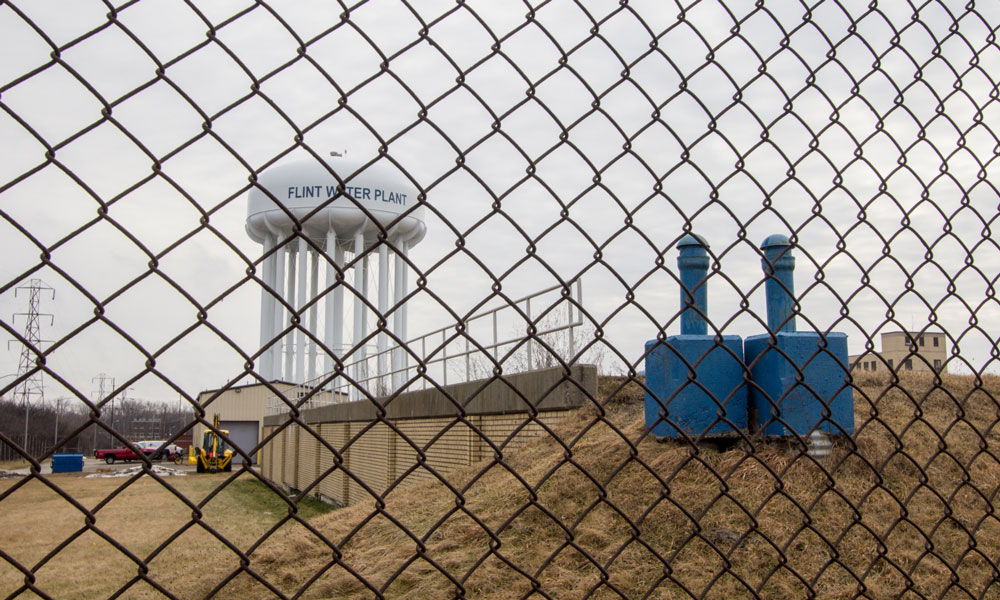
Flint Water Crisis: NAACP Calls for DOJ Investigation
The NAACP this week called on the Justice Department to look into the decision-making process that resulted in the contamination of the water supply in Flint, Michigan. The call comes amid an existing state investigation announced last month.
In recent weeks, the NAACP has made known its stance on what happened to the water supply in Flint, Michigan—and now the civil rights group wants to see action.
On Thursday, the organization called on the U.S. Department of Justice to launch both civil and criminal investigations into the Flint water crisis, which, the NAACP claims, amounts to “potential environmental and civil rights violations” against the residents of the city.
“The poisoning of Flint’s water—and the delayed response to that poisoning—is a classic example of the disproportionate burden of environmental harm being borne by low-income persons and communities of color,” the association’s president and CEO, Cornell William Brooks, said in a news release.
The national arm of the civil rights group has hired a legal team to assist in its contact with the Justice Department and said that it is also working closely with NAACP chapters at the state and local levels. But it emphasized that a federal investigation is necessary.
“A focused, swift, and detailed investigation by the Department of Justice will be a significant step in rectifying this situation and determining whom to hold responsible for inflicting a lifetime of harm upon a vulnerable community,” Brooks added.
The Governor Is Listening
The call for a federal investigation comes roughly three weeks after Michigan’s attorney general, Bill Schuette, announced the state was launching an investigation of its own into the crisis.
“This investigation is about beginning the road back, to rebuild, regain and restore trust in government,” Schuette said in a statement.
Around that time, NAACP’s Brooks met with top leaders in both the city and the state, including Flint Mayor Karen Weaver and Michigan Gov. Rick Snyder, to discuss next steps to end the water crisis. The association offered up a 15-point plan of action regarding the crisis, including the recommendation that the state repeal a controversial law that gave control of struggling Michigan cities to a set of emergency managers.
An emergency manager was at the helm when the city decided to change its water source from the City of Detroit to the Flint River, a source that hadn’t been used in decades. The NAACP argues that the state-appointed management structure contributed to the crisis.
“We had a very robust conversation about specific reforms: a need for economic development, a need to ensure that people who have been devastated economically have a stake in the restoration of water in their city,” Brooks told The Associated Press of the meeting.
(iStock Editorial/Thinkstock)






Comments